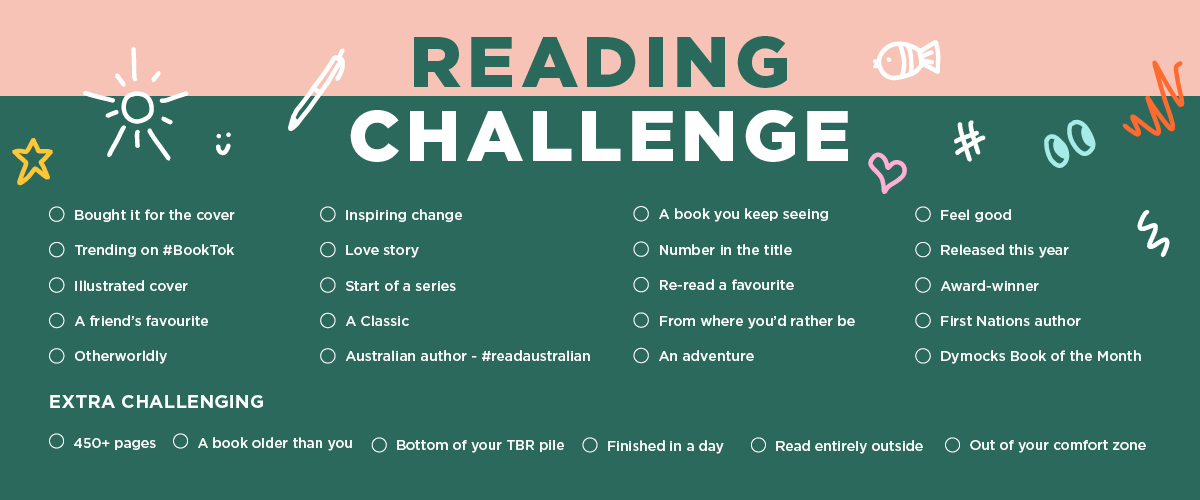Learning for Life

Learning for Life – Literacy Tip #17
Summer reading loss
The importance of reading over the summer holidays.
During the summer break, it’s important for children to rest, have fun, and stay active, but we also want to provide them with mental stimulation to ease their transition back to school. Children who love books may continue reading as a leisure activity in summer, while others may need encouragement.
In this blog, we’ll talk about the reasons reading over the summer is an important activity you should help your child continue to do.
Reading keeps the brain active
Reading is to the brain as exercising is to muscles. If we don’t read, we lose literacy skills. Research shows that children who do not engage in any type of mental activity during the summer lose up to a third of what they have learnt during the school year. Teachers can spend up to six weeks re-teaching material students forget over the summer, and children spend about the same time settling back into learning habits.
In summer, students’ brains relax and wander without the sense of pressure associated with school. But the more children read, the more they learn about different people, their behaviours and experiences, places, cultures, and facts they otherwise would not have known. Reading helps your child maintain positive feelings associated with learning.
Reading increases memory, knowledge retention, focus, and concentration
Reading books naturally activates our memory. While reading, we need to remember names of characters and their attributes, names of places, events, conversations, and storylines. The more children read, the more their ability to retain information improves. Their brains become better at remembering other things in their lives.
Additionally, children who read regularly stay ahead of their classmates during the school year. Reading progresses their vocabulary, spelling, and math more than that of children who don’t read more than what’s required in school. It grows their comprehension skills and knowledge of the world around them.
Compared to other passive activities like talking, watching videos, or consuming online content, reading literature trains our brain to focus our attention and live in the present.
Reading enhances creativity and imagination
Books help us imagine what doesn’t come to mind every day, and what seems beyond possibility. They encourage us to think! Besides what your child may already be active in, reading gives them the opportunity to broaden their perspectives and imaginations.
During the holidays, children have more control over what they want to learn and how. If they express a desire to take a program, class, or activity—including reading—support it! It’s worthwhile to encourage your child’s new habits and passions, especially if reading is a part of it. Many libraries have summer reading programs your child could get involved in.
Reading supports emotional health
Stories help us explore the range of our emotions. Some books make you cry with every turning page, while others will make you laugh out loud. Encouraging your child to read helps them explore their feelings, enhancing their emotional health along with other activities that support their mental and physical health.
Reading aids self-discovery
No book is the same, and each opens a new world of thoughts. When children read books, they connect the events, experiences, characters, and emotions in the books with themselves. Reading helps children realise how they would react and feel in those situations, which may not yet have occurred in their lives.
If your child knows the genre of books they like over others, this is a good thing! Reading helps children broaden and explore their likes and dislikes, so the more they read, the more they discover themselves, their preferences, and interests.
Reading maintains routines
Summer can become a season of longer, lax days, later bedtimes, and abandoning usual routines. Trying to keep a routine similar to what your children experience during the school year can be healthy for children to experience security, safety and stability. Try to structure time for reading or other learning opportunities while keeping the weekday schedule flexible for other activities.
Here are some ways you can encourage children to read this summer:
- Remind them that reading can be fun! If you travel to a new place, encourage them to read a book about that place or explore things to do there.
- Give them books as gifts during the holidays.
- Visit the library or bookshop and let them choose their books to read over the summer.
- Find books available as audiobooks to encourage children to keep reading, even if they don’t like it. Audiobooks still enhance their imagination and provide them with literacy skills.
- Don’t overdo it! Let them enjoy adequate social time so they don’t experience burnout in a time when they should enjoy their break from school.
Taken from https://sisd.ae/the-importance-of-reading-over-the-summer-holidays/
Here’s a summer reading challenge from Dymocks Booksellers to help you and your children with reading over the summer break. Happy reading and happy holidays 😊
Fabiano Nigro
Learning Specialist


